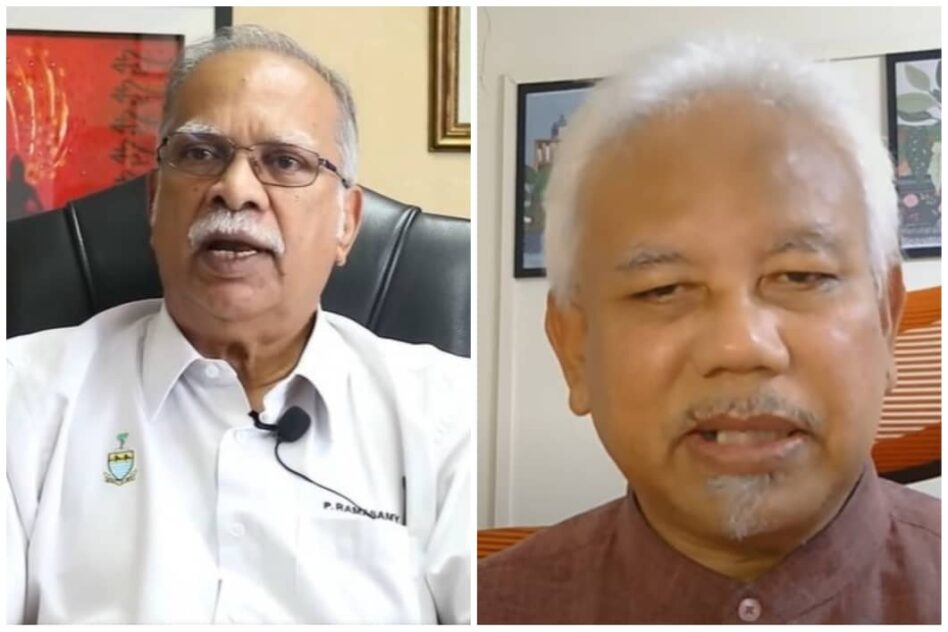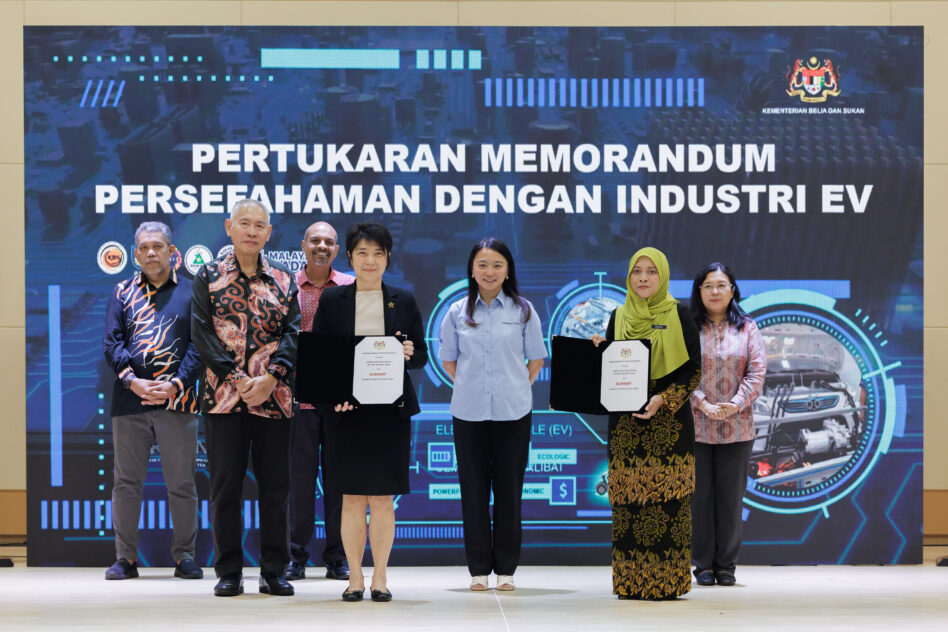PARTI Sosialis Malaysia (PSM) is calling on the Association of Southeast Asian Nations (Asean) to collectively impose a 30% corporate tax by 2025 to fund the bloc’s development agenda.
“Asean nations, including Malaysia, are racing to the bottom in terms of corporate taxes to attract foreign direct investments (FDI).
“This race to the bottom reduces Government revenue to fund infrastructure and anti-poverty policies.
“And the shortage of Government revenue causes forced-privatisation of public service and introduction of regressive taxes such as the Goods and Services Tax (GST), causing rise in cost of living among the masses,” its central committee member Sharan Raj told FocusM.
On Aug 31, Bernama reported the Finance Ministry (MOF) as saying that the Government is considering measures to increase tax revenue through increased tax compliance, as well as address the issue of revenue leakages, especially involving the smuggling of high-duty goods estimated at RM5 bil per annum.
In a Pre-Budget Statement, the MOF said that among the recommendations in the study is the implementation of the Special Voluntary Disclosure Programme (SVDP) for indirect taxes administered by the Royal Malaysian Customs Department.
Through this programme, taxpayers are encouraged to voluntarily come forward to declare any tax that either has not been paid, underestimated or erroneously reported to Customs.
Elaborating on his views, Sharan said that currently, many Southeast Asian countries differ in terms of the corporate tax rate, with the Philippines being the highest and Singapore the lowest.
He added that it was given that foreign investors would seek for a country with the lowest corporate tax bracket to invest, in order to maximise profits.
“Just to share some information, in the 1970s and 1980s, Malaysia’s corporate tax was at 40%. However, the funds were used to subsidise our near-universal education and public healthcare systems.
“But now, we are all racing to the bottom to reduce corporate tax, leaving Governments with lesser tax revenue. This eventually forces them to privatise core public services to reduce financial burden,” Sharan stated.
While Malaysia alone cannot embark on this, the PSM leader stressed that Asean must work as bloc to standardise corporate taxes to ensure no foreign investor can take advantage of the situation.

Asean has the population and resources
He added that standardising corporate tax across a bloc was nothing new as G20 nations themselves have collectively adopted such a measure to halt tax evasion by multinational corporations (MNCs).
“Asean members do have a free trade agreement in place. While we may differ in terms of politics and other matters, we are quite homogenous when it comes to commerce and trade. This can be used as an advantage to protect us from external pressure.
“And we need not worry about foreign investors fleeing elsewhere if we can come together as a unified force. We have the population strength and resources to help us stand our ground and create a huge market for investors too.
“For example, a foreign car manufacturer who sets up his base in Thailand will sell his vehicles within the region itself to boost profits. It doesn’t make economic sense for an investor to manufacture cars in India so that he can sell them in the Asean market,” he added.
On arguments that with reduced corporate tax, more foreign investors would come in and create high-paying taxable income jobs, Sharan said the view was too simplistic.
“I dare say that argument is premised on statistical manipulation and not tabulated accurately.
“To set the record straight, while our gross domestic product (GDP) is rising, our tax to GDP ratio is actually declining. This is not only happening in Malaysia but across Asean.
“Malaysia has one of the lowest tax to GDP ratio in Asean. Even international bodies such as the World Bank has mentioned this,” he quipped.
Sharan remarked: “The only reason why we’re not feeling the heat from the tax revenue decline is because the shortfall is covered by proceeds from the petroleum sector.” – Sept 7, 2021










